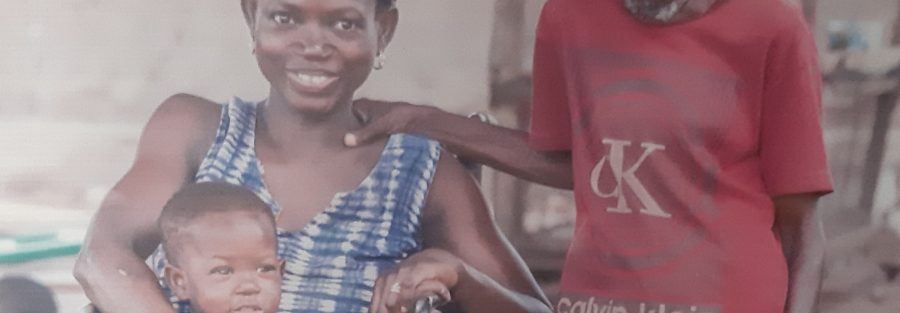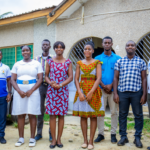Every July, the world commemorates Disability Pride Month, a time to celebrate the strength, diversity, and humanity of persons with disabilities (PWDs). It is also a time to confront the uncomfortable truths they face daily. One of the most persistent and life-limiting of these challenges is access to quality healthcare.
For many Ghanaians living with disabilities, accessing a health care facility is a test of endurance, dignity, and resilience. Whether navigating inaccessible infrastructure, facing health workers’ stigma and bias, or being dismissed in decision-making about their bodies, the healthcare system often reinforces the very inequities it ought to correct.
The Pyramid of Barriers
At the root of this challenge lies a pyramid of structural injustice, including,
- Infrastructural Inaccessibility: Many health facilities still lack ramps, adjustable beds, visual or auditory aids, and other basic accommodations for people with physical, visual, or hearing impairments.
- Stigma and Discrimination: Persons with disabilities often experience dismissive or patronizing attitudes from health workers. Some are assumed to be asexual or incapable of parenting, especially women, affecting their access to sexual and reproductive health services.
- Limited Provider Training: Healthcare providers often lack the knowledge and skills to address the unique needs of PWDs, leading to substandard or delayed care.
- Poverty and Exclusion: Many PWDs live in poverty due to systemic exclusion from education and employment. This economic disadvantage further limits their ability to afford health services, transportation, or assistive devices.
- Policy and Data Gaps: National health policies rarely center the voices and experiences of persons with disabilities. Where policies exist, implementation is inconsistent and rarely monitored.
Health is a Right, not a Privilege
The consequences of these barriers are deadly. From maternal health to mental health, the data tells a consistent story: PWDs are more likely to report poor health outcomes, face preventable complications, and experience shorter life expectancies.
The Alliance for Reproductive Health Rights remains committed to championing equitable healthcare for all. Our advocacy specifically highlights and challenges the systemic barriers that prevent persons with disabilities from accessing the care they deserve.
- Through policy briefs, media engagements, and stakeholder forums, ARHR advocates for inclusive budgeting, training, and monitoring within the health sector.
- ARHR supports gender-responsive primary health care, ensuring that all women and girls are not left behind in accessing sexual and reproductive health information and services.
- ARHR calls on the Ghana Health Service and Ministry of Health to embed disability-friendly standards into health infrastructure design, service delivery, and health worker training.
Moving Forward
Disability Pride Month invites us to reframe our understanding of disability, not as a tragedy or burden, but as a natural and vital part of human diversity. It’s a reminder that a health system that excludes even one person ultimately fails us all. Real transformation begins when we dismantle stigma, redesign systems to be inclusive, and center the voices of those most marginalized.
This July, let’s break the barriers. Health is a right for everyone!


